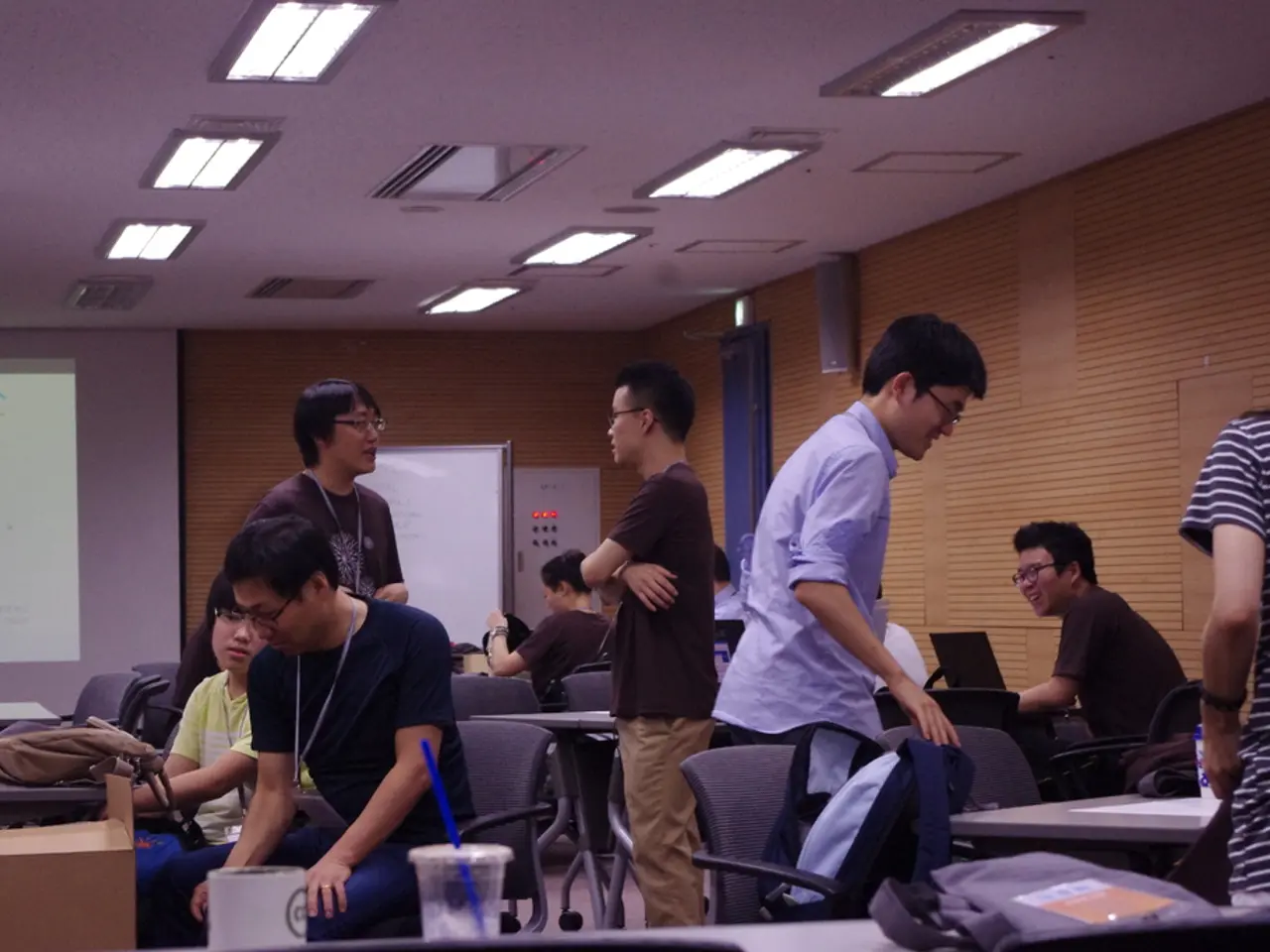Impact of Digital Learning in Nigerian Schools' Environment
Nigeria is embarking on an exciting journey towards integrating educational technology in its classrooms, aiming to enhance teaching and learning experiences for students across the country. Companies like AfroNet Communications are leading efforts to expand internet coverage in schools, while initiatives like the Education Technology Enhancement Project, launched by the Nigerian government, are driving technological growth in education.
However, the adoption of educational technology in Nigeria is not without challenges. Financial constraints restrict access to modern devices and software, and limited internet connectivity hinders widespread technology use in classrooms, especially in rural areas. Schools often rely on generators or solar panels as alternative power sources, but frequent power outages and infrastructure limitations continue to affect the consistent use of technology in classrooms.
Educational technology refers to the use of digital tools, devices such as computers, tablets, software applications, multimedia content, and internet resources to enhance teaching and learning. It offers innovative solutions to problems like overcrowded classrooms and limited resources, fostering critical thinking and problem-solving skills, enhancing student engagement and participation significantly, and improving access to quality education across Nigeria.
To address these challenges, the government has launched the National Education Technology Framework, which emphasizes the importance of teacher training, infrastructure development, and content creation in achieving its goals. Tailored training programs, workshops, and continuous professional development programs are equipping teachers with essential skills to use educational technology effectively. Partnerships with tech companies like BrightVision Nigeria and VectorTech Education Solutions offer schools valuable training support.
However, many teachers lack sufficient training to effectively integrate technology. Limited technical knowledge and insufficient resources are challenges teachers face. To overcome these, ongoing training, peer mentoring, and providing ongoing technical assistance are crucial. Empowering teachers as technology facilitators is essential for effective technology integration in Nigerian classrooms.
In addition, socioeconomic and cultural barriers, including skepticism, fear, gender disparities, and language differences, affect technology acceptance. Policies emphasize equal access to educational technology for all students, promoting initiatives targeting girls' education, rural communities, and students with disabilities.
The framework encourages collaboration between the government, private sector, and civil society to achieve its objectives. The government allocates funds specifically for educational technology improvement, including the Digital Learning Enhancement Fund, providing grants to schools implementing technology-based projects.
Emerging discussions call for ethical, inclusive, and human-centered design in educational technology to ensure it supports learners positively without alienation. Addressing these challenges requires comprehensive strategies beyond technology provision, focusing on teacher preparedness, infrastructural investment, equitable access, and culturally relevant implementations.
In summary, while Nigeria is at the beginning stages of integrating innovative educational technologies, especially AI, adoption is uneven and constrained by infrastructural, socio-cultural, and policy-related barriers. Companies like Nexus EdTech are already piloting AI-powered tutoring systems, and some Nigerian schools have begun adopting educational technology tools, using projectors, smartboards, educational apps, and promoting technology-driven learning. However, significant gaps remain to be addressed for a truly digital-first education system in Nigeria.
- Children in Nigeria are benefiting from educational technology as the government and companies work together to enhance teaching and learning experiences, such as through the use of mobile devices, software, and the internet.
- The advancement of educational technology in Nigeria is being hindered by financial constraints, limited internet access, and power outages, particularly in rural areas, making it challenging to integrate digital tools into classrooms effectively.
- Parents and teachers are receiving training to better understand and use educational technology in classrooms, with the goal of improving student engagement, critical thinking, and access to quality education.
- To ensure technology is accessible to all children, regardless of gender, geography, or socioeconomic background, policies are being implemented to eliminate barriers and promote efforts like girls' education and projects for rural communities.
- The educational technology framework in Nigeria seeks to create an inclusive, ethical, and human-centered digital learning environment, focusing on teacher preparedness, infrastructural investment, equitable access, and culturally relevant implementations to support all learners.
- In the future, there may be increased use of artificial intelligence (AI) in educational technology in Nigeria, as companies like Nexus EdTech begin piloting AI-powered tutoring systems and schools implement various educational technology tools, such as projectors, smart boards, educational apps, and promoting technology-driven learning.




